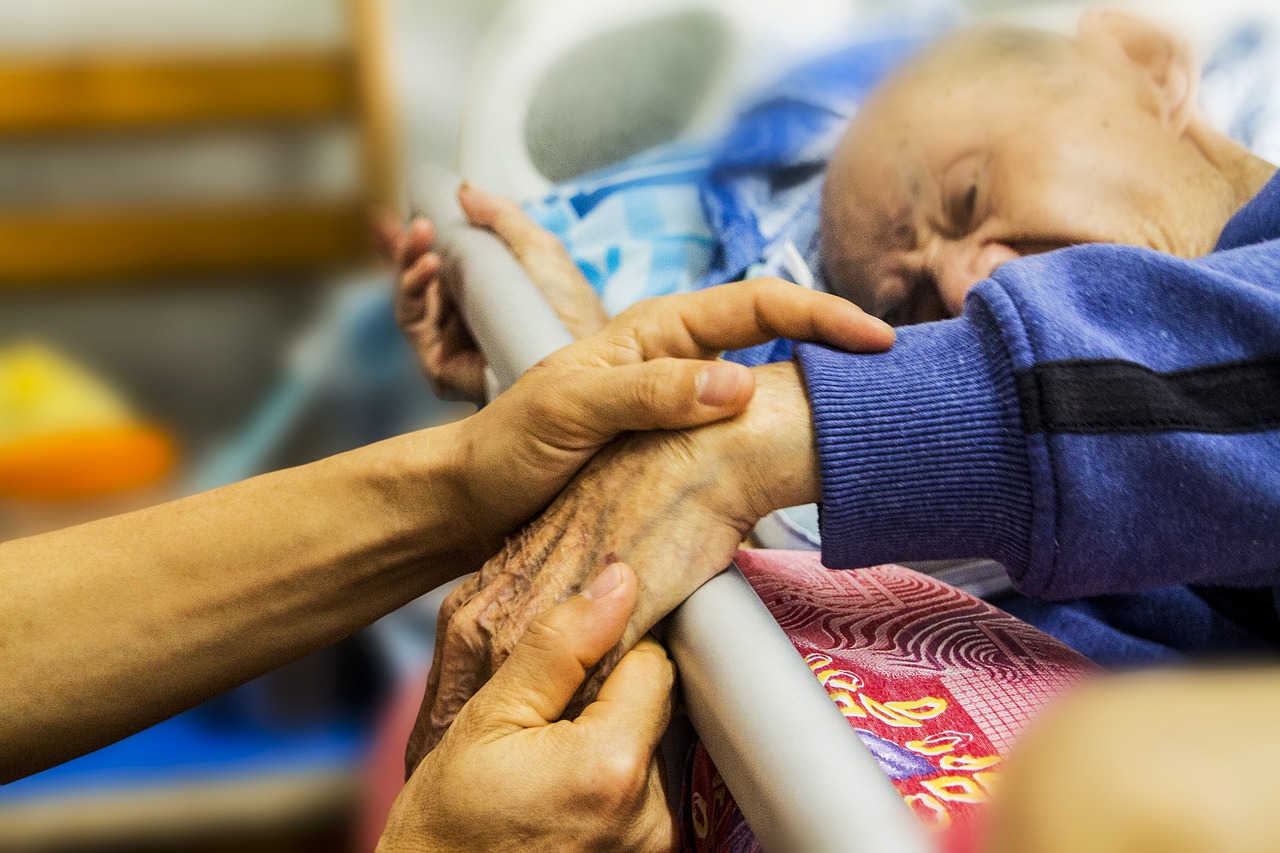Alzheimer’s Disease: Puzzle Prevention

Picture this: you’re enjoying your morning coffee, filling out the crossword puzzle in the newspaper, and you come across this clue: A way to stay mentally stimulated (7 letters).
What’s the answer?
If you guessed puzzles, you guessed right! Since June is Alzheimer's and Brain Awareness month, we’re highlighting the importance of staying mentally stimulated as you or your loved ones grow older. Recent studies have shown that those who keep their brain active with research, puzzles and memory exercises were less likely to develop the brain plaques seen in Alzheimer's Disease.
Every 67 seconds, someone in the U.S. develops Alzheimer's Disease. It is the sixth leading cause of death, and the only cause of the death in the top 10 in the U.S. that cannot be prevented, cured or slowed.
However, according to the Fisher Center for Alzheimer's, researchers have found that engaging in mentally stimulating tasks early in life can delay the onset of the disease. The earlier you or your loved one develops habits such as reading, learning and puzzle-solving, the better it is for your brain.
The gold standard of brain games is the New York Times Crossword Puzzle. The puzzle is designed to become more difficult as the week progresses, culminating with the most difficult puzzle on Saturday. The famed Sunday Crossword is generally at the same difficulty level as Thursday.
For a more interactive puzzle experience, the websiteLumosity offers brain training exercises that can be personalized. The brain games are available on the web, as well as on Apple and Android phones. One unique feature is that many of the exercises focus on paying attention to good information, while ignoring less helpful data.
For old school types, there are a wide variety of puzzle books available, and don’t forget jigsaw puzzles. Not only will the puzzles help build memory and keep neurons firing, but they are a fun activity that the whole family can participate in.
While highly educated individuals can and do get Alzheimer's Disease, lifelong learning may be the key to delaying the onset. Play games, attend lectures, and be sure to keep you and your loved one’s minds challenged. For more suggestions, visit the Alzheimer's Association website.
If you found this information helpful, please share it with your network and community.
Copyright © 2015 Crossroads Hospice. All rights reserved.




